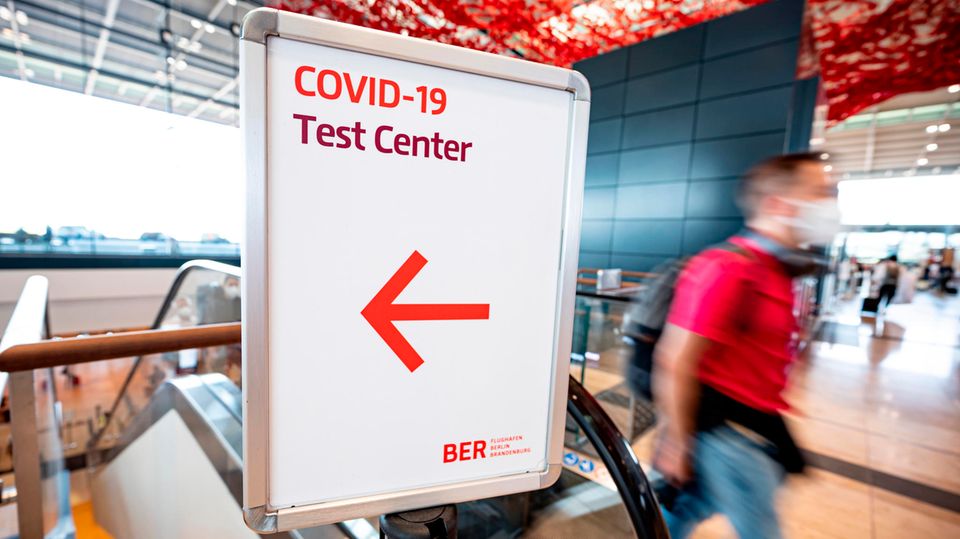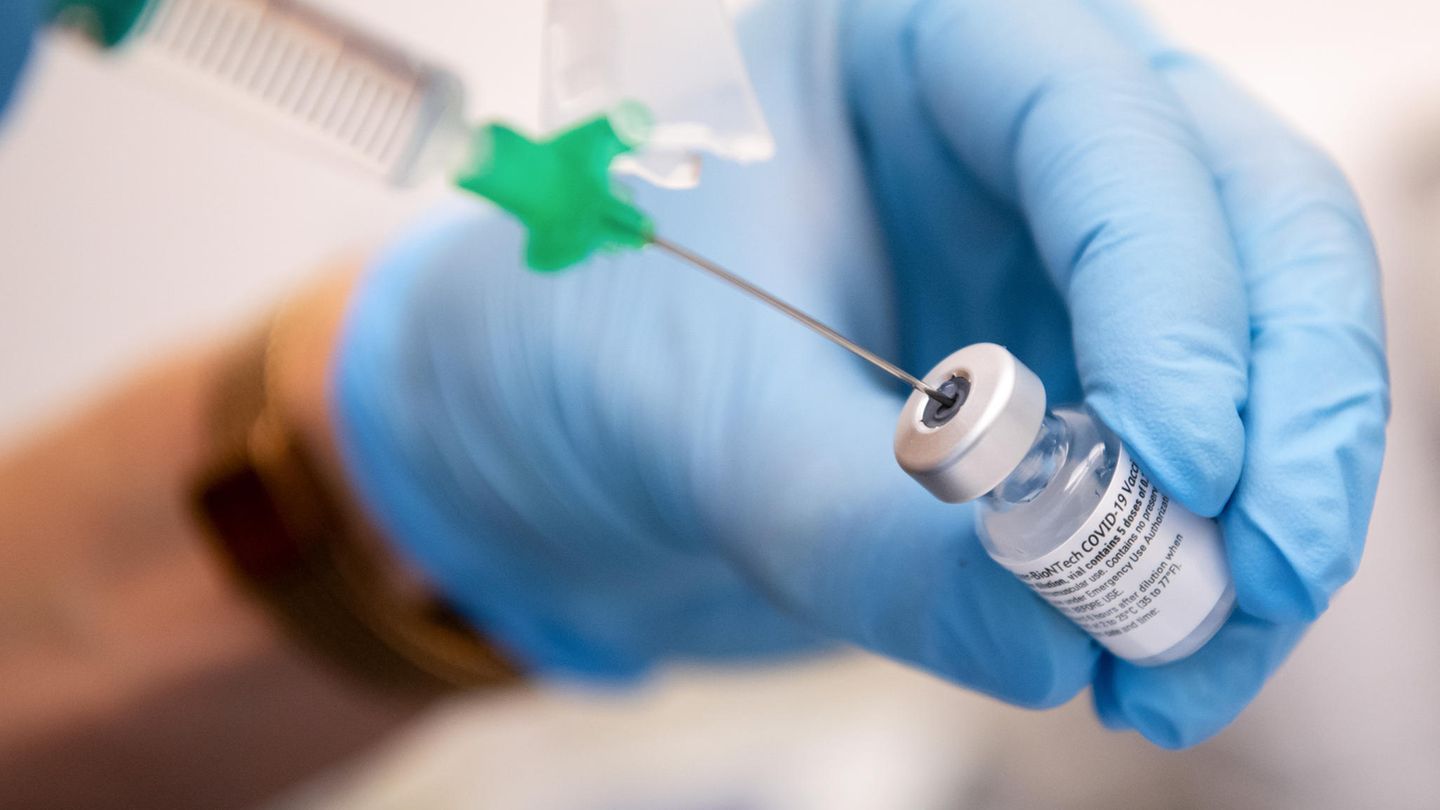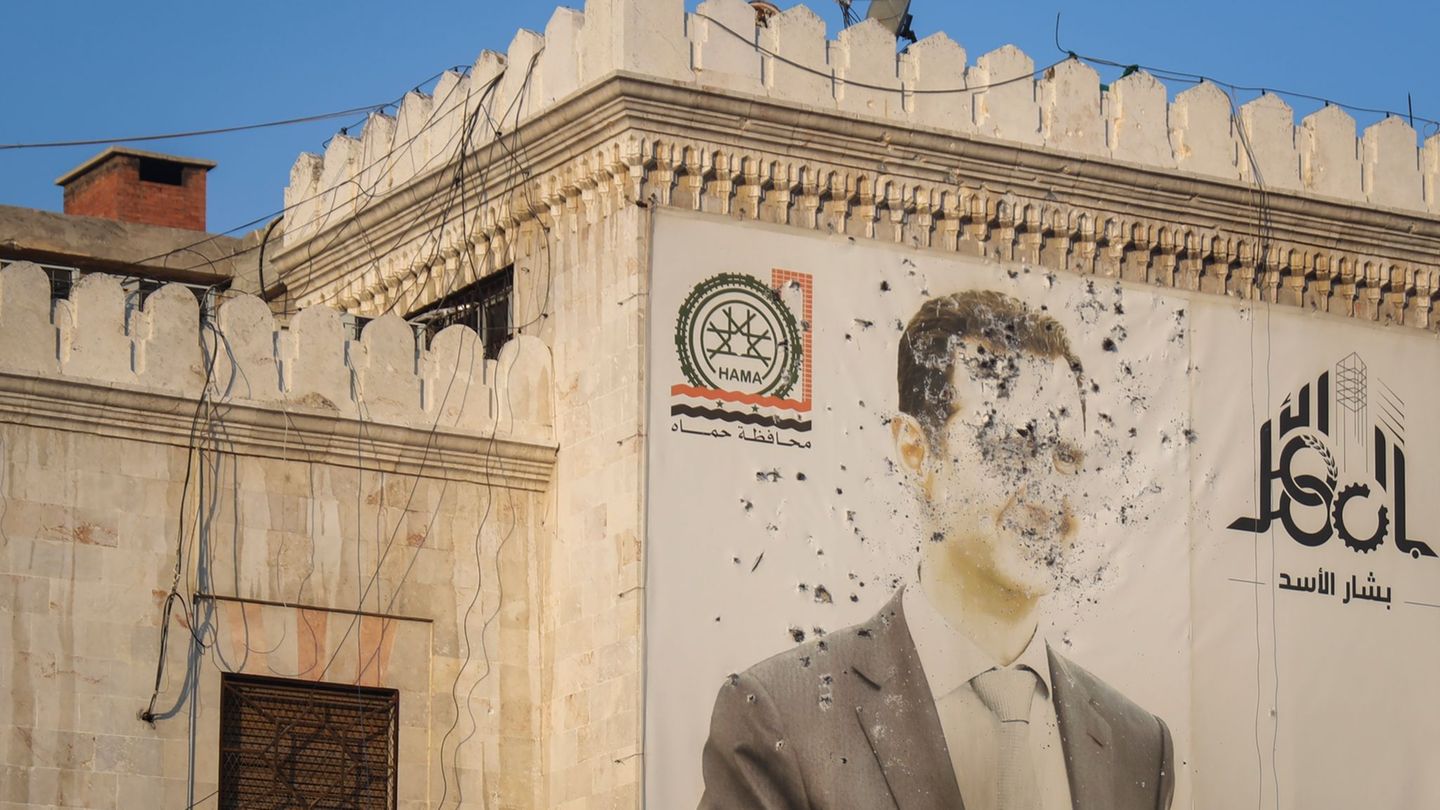Can the coronavirus be eradicated after all? In any case, researchers believe that this is possible. The prerequisites for this are there, they write in a comment in a medical journal. But there are challenges.
Many people, including experts and politicians, have come to terms with the fact that we have to learn to live with the coronavirus and that the virus will no longer go away. According to experts, the coronavirus will be endemic.
But there are researchers who think that we could get rid of the coronavirus entirely. In a comment in the journal, the scientists named Nick Wilson, Osman D. Mansoor, Matthew J. Boyd, Amanda Kvalsvig and Michael G. Baker conditions that speak for the coronavirus to be eradicable. You look at other diseases such as smallpox or polio.
Researchers compare Covid-19 with polio and smallpox
“Vaccinations have eradicated smallpox, rinderpest (an animal disease) and two of the three poliovirus serotypes worldwide,” the researchers write. Other diseases such as measles, mumps and rubella could also be eradicated.
So can Covid-19 also be eradicated? Yes, say the researchers. And that is partly possible without vaccinations. Measures include border controls, keeping your distance, wearing masks, tests and contact tracking. The commentary names China, Hong Kong, New Zealand and Iceland as examples. Outbreaks have also been recorded time and again in these countries.
In order to make comparisons between smallpox, polio and Covid-19, the comment looks at technical factors that favor the eradication of vaccine-preventable diseases. To this list, the scientists have added additional technical, sociopolitical and economic factors that are likely to favor extinction.
Extermination is possible – but there are challenges
“Although our analysis is a preliminary performance with various subjective components, it appears to bring the eradicability of Covid-19 within the realm of possibility, especially in terms of technical feasibility.” Corona is therefore more difficult to eradicate than smallpox, but easier than polio.
There are, however, some problems, according to the scientists. In the case of the coronavirus, these are the different variants as well as the poor acceptance of vaccines compared to polio and smallpox. “Nonetheless, of course, there are limits to viral evolution, so we can expect the virus to peak and new vaccines to be developed at some point.”
Other challenges would be the high up-front costs for vaccinations and the modernization of health systems and the achievement of the necessary international cooperation in the face of “vaccine nationalism”, which means the unequal distribution of vaccines between poor and rich countries. The possibility of the infection of animals is also a challenge, albeit a minor one.

Polio and smallpox eradicated through vaccination campaigns
On the other hand, according to the researchers, there is “in most parts of the world an unprecedented global interest in disease control and massive investments in vaccination against the pandemic”. Modernizing health systems to facilitate the eradication of Covid-19 could also help fight other diseases.
Finally, the authors of the comment write that a more formal expert review of the feasibility and desirability of an attempt to eradicate Covid-19 by the World Health Organization (WHO) or other agencies is required.
Human smallpox has been considered to be eradicated in its wild form since 1979. This was possible because humans are the only natural host and there was a global, large-scale vaccination campaign by the WHO. In Germany, vaccination was compulsory until the mid-1970s. Human smallpox is highly contagious and life threatening. About 30 percent of the sick died as a result of the infection.
Polioviruses have long been spread around the world. Because children were infected with it at an early age, the term “polio” came about. In 1988 the WHO started a polio vaccination and eradication campaign. “To date, vaccination campaigns have saved 19 million people from paralysis and 1.5 million people from death from polio. The number of polio cases worldwide has been reduced by 99.9% compared to the 1980s,” it writes . The WHO region “Middle East” is not yet considered polio-free.
, ,




